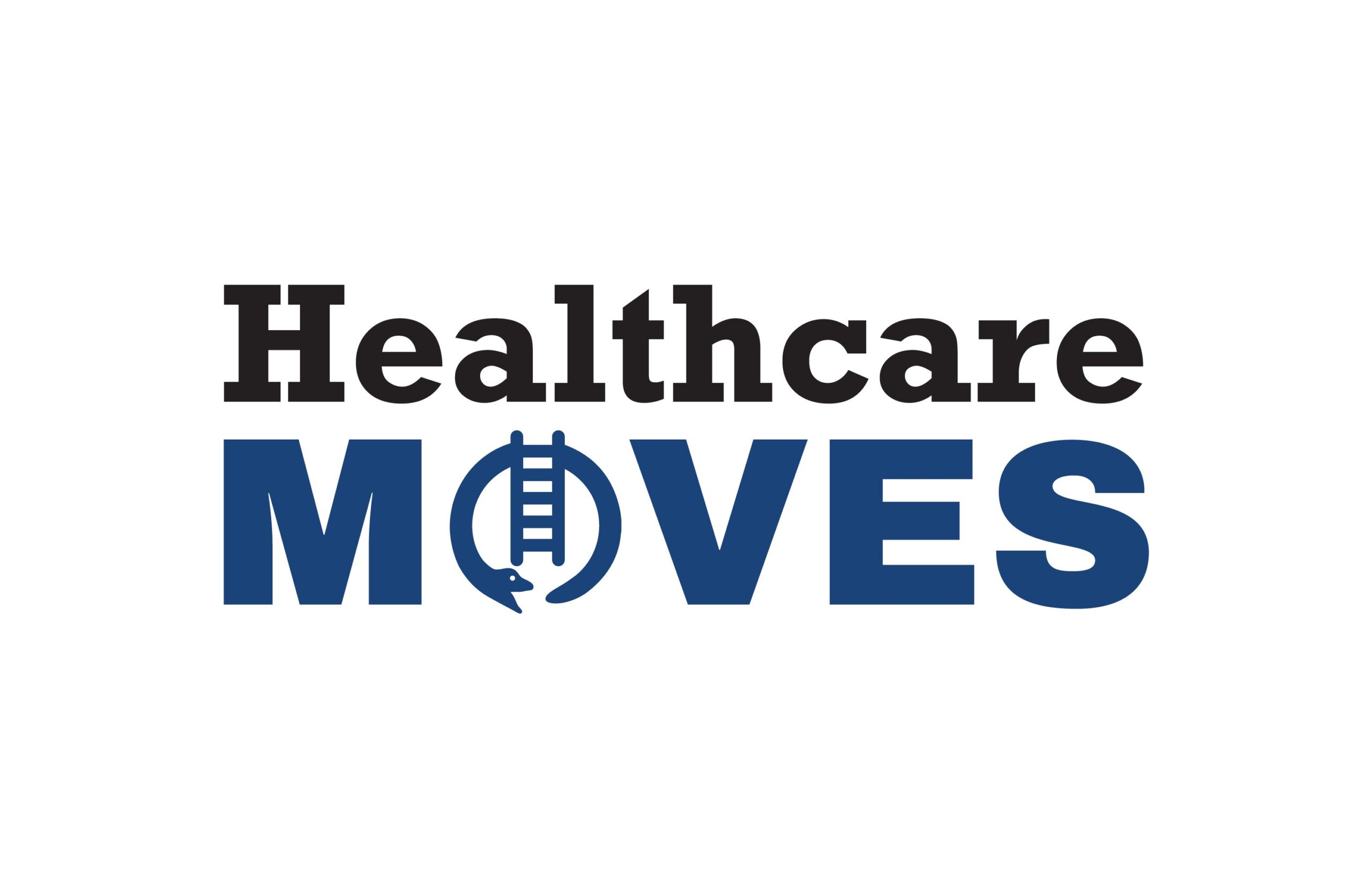The neuromodulation medical device company Intelect Medical recently left its Cleveland headquarters for Boston. Now it may be in for another departure. Namely, an exit.
Three sources confirm a deal is done for Intelect, a Cleveland Clinic spinoff with investors that include Boston Scientific (NYSE:BSX). The deal will likely be announced no later than early next year and the purchase price could be between $75 million to $100 million, one source speculated.
The question is: Who is the buyer?

With the Rise of AI, What IP Disputes in Healthcare Are Likely to Emerge?
Munck Wilson Mandala Partner Greg Howison shared his perspective on some of the legal ramifications around AI, IP, connected devices and the data they generate, in response to emailed questions.
On paper, a likely candidate would be Boston Scientific, which led Intelect’s $11 million investment round in 2008. But indications are that the buyer is not Boston Scientific, but another major medical device company deeply interested in the neuromodulation space. Truth be told, almost every medical device giant has acquiring-level interest in neuromodulation and the treatment areas served by Intelect.
Intelect CEO Vince Owens didn’t return a call, nor did representatives from Boston Scientific and Greatbatch (NYSE: GB), a New York-based medical device company that has also invested in Intelect. A Cleveland Clinic spokesman said: “We have no information.”
Intelect is developing an implantable neuromodulation system that uses deep brain stimulation to treat stroke and traumatic brain injury (TBI). In the case of TBI, the company’s technology stimulates a portion of the thalamus — the part of the brain that relays sensory signals to the cerebral cortex — to improve speech and movement. About 1.7 million Americans sustain traumatic brain injury annually, typically from a blow to the head. The condition has increasingly been affecting American troops overseas, typically as a result of an explosion.
For stroke patients, Intelect’s therapy stimulates the deep cerebellum with the aim of improving patients’ hand-grasping and upper limb functions. With 2.6 million Americans suffering from stroke each year, stroke represents the bigger and perhaps more lucrative market for Intelect.
Intelect spun out of Cleveland Clinic and Cornell University in 2005 and has been been under the radar in recent years. It hasn’t issued a press release since 2008 and the company never publicly announced its move from Cleveland to Boston.
Neuromodulation is used for a variety of applications, most of which involve pain relief. Conditions treated by neuromodulation include spinal cord injuries, Parkinson’s disease and urinary incontinence. It generally works by stimulating nerves to produce a desired biological response.
More important to Intelect and its acquirer, neuromodulation is a rapidly expanding market. The worldwide neuromodulation device industry is expected to grow from $3 billion in 2008 to $4.5 billion this year, according to the International Neuromodulation Society. The top companies in the space generally are the same as the leading players in the medical device market overall: Medtronic, St. Jude Medical, Boston Scientific and the like.
An acquisition of Intelect would come at an interesting time for Natick, Massachusetts-based Boston Scientific’s neuromodulation business. BSX spent much of 2010 trying to find a buyer for the unit, reportedly hoping to pull in between $1.5 billion and $2 billion, the Boston Globe reported last week. Johnson & Johnson (NYSE: JNJ) was willing to pay a little more than $1 billion. Other would-be acquirers were interested, but only for a price less than $1.5 billion. With no buyer willing to meet its threshold, BSX has apparently given up on a sale and is hoping it can turn the business around.
An acquisition of Intelect would represent a doubling down of sorts on neuromodulation for Boston Scientific, and perhaps a sign of BSX’s newfound commitment to the business. Revenues in BSX’s neuromodulation unit grew 6 percent to $219 million through the first nine months of the year. But sources with knowledge of the deal indicate Boston Scientific is not the buyer.
If based solely on current investment, then Greatbatch could also be a potential buyer. But that seems even less likely than Boston Scientific, since its neuromodulation product portfolio includes primarily device components — batteries, capacitors and stimulation leads — rather than finished devices. The company also sells catheters, electrodes, orthopedic implants and surgical instruments.
Medical technology companies such as Boston Scientific are increasingly taking early equity stakes in — and then sometimes later purchasing — promising startups. For large medical device firms with lots of cash, an early investment in a startup normally means buying a right to eventually acquire the company at a certain price. Such exclusive deals allow big companies to shut out competitors as they troll for acquisitions to boost growth. Early equity stakes also allow big companies a chance to preview and influence a startup’s technology.
Intelect’s exit would also be a gigantic win for Cleveland Clinic Innovations, the hospital’s commercialization arm, as well as anyone at Innovations who might have a stake in the company. In its first decade, Cleveland Clinic Innovations has had two exits. Its first was Cleveland BioLabs (NASDAQ: CBLI), which happened through a $14 million initial public offering in 2006. A second company, ReVasc, was sold in 2007 to Micrus Endovascular Corp. (NASDAQ: MEND) in San Jose, California, for $1 million, with the potential of $5 million more in future milestone payments.
Intelect’s stroke recovery therapy is based on the work of Dr. Andre Machado and other researchers at Cleveland Clinic’s Center for Neurological Restoration. The company’s software is based on the work of Cameron McIntyre of the Clinic’s Lerner Research Institute Department of Biomedical Engineering. Among the company’s founders is Dr. Ali Rezai, formerly one of the Clinic’s top neurosurgeons who left last year to become vice chair of the Department of Neurological Surgery at Ohio State University Medical Center.














